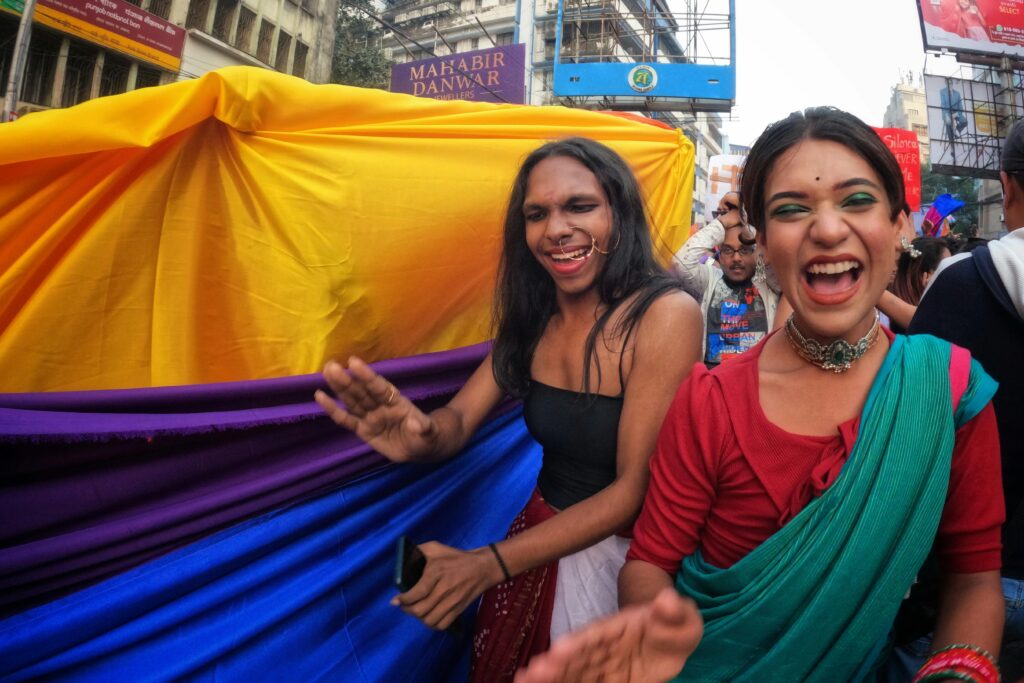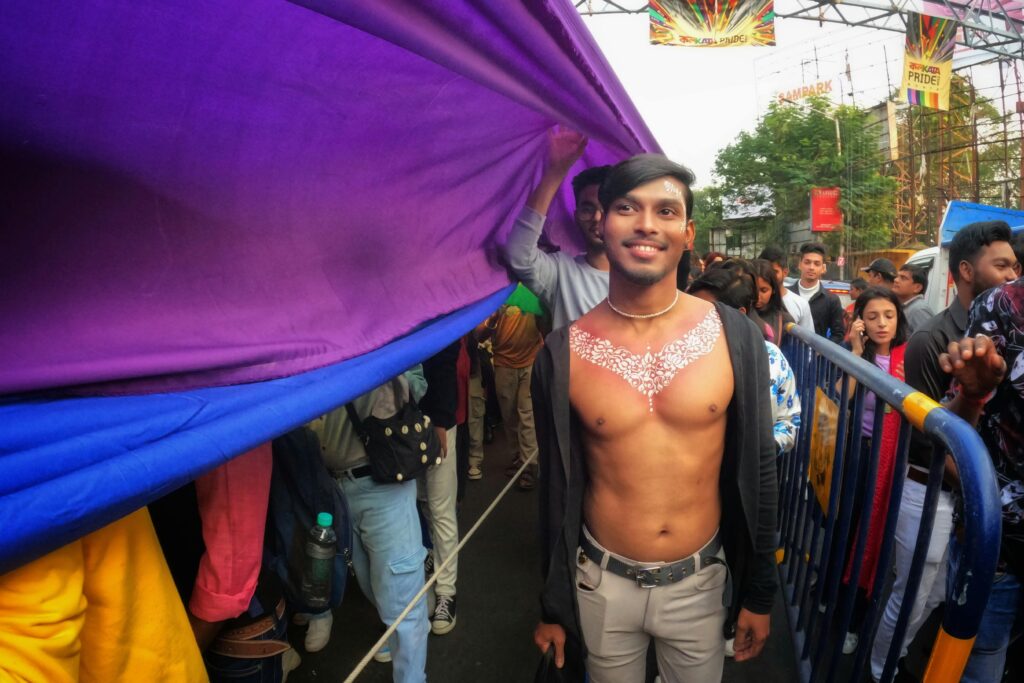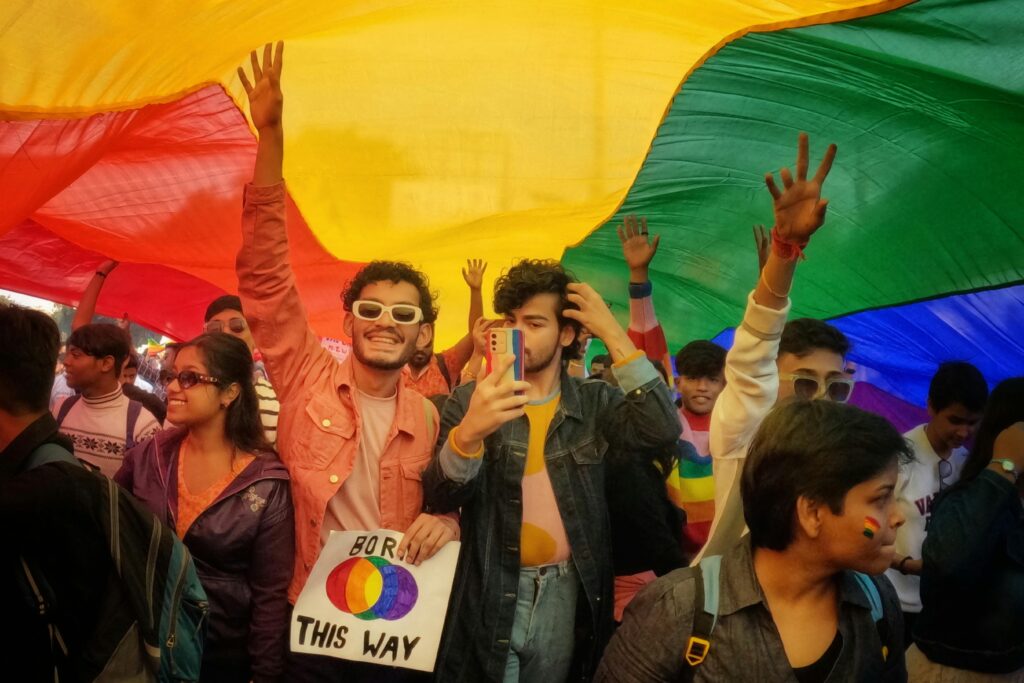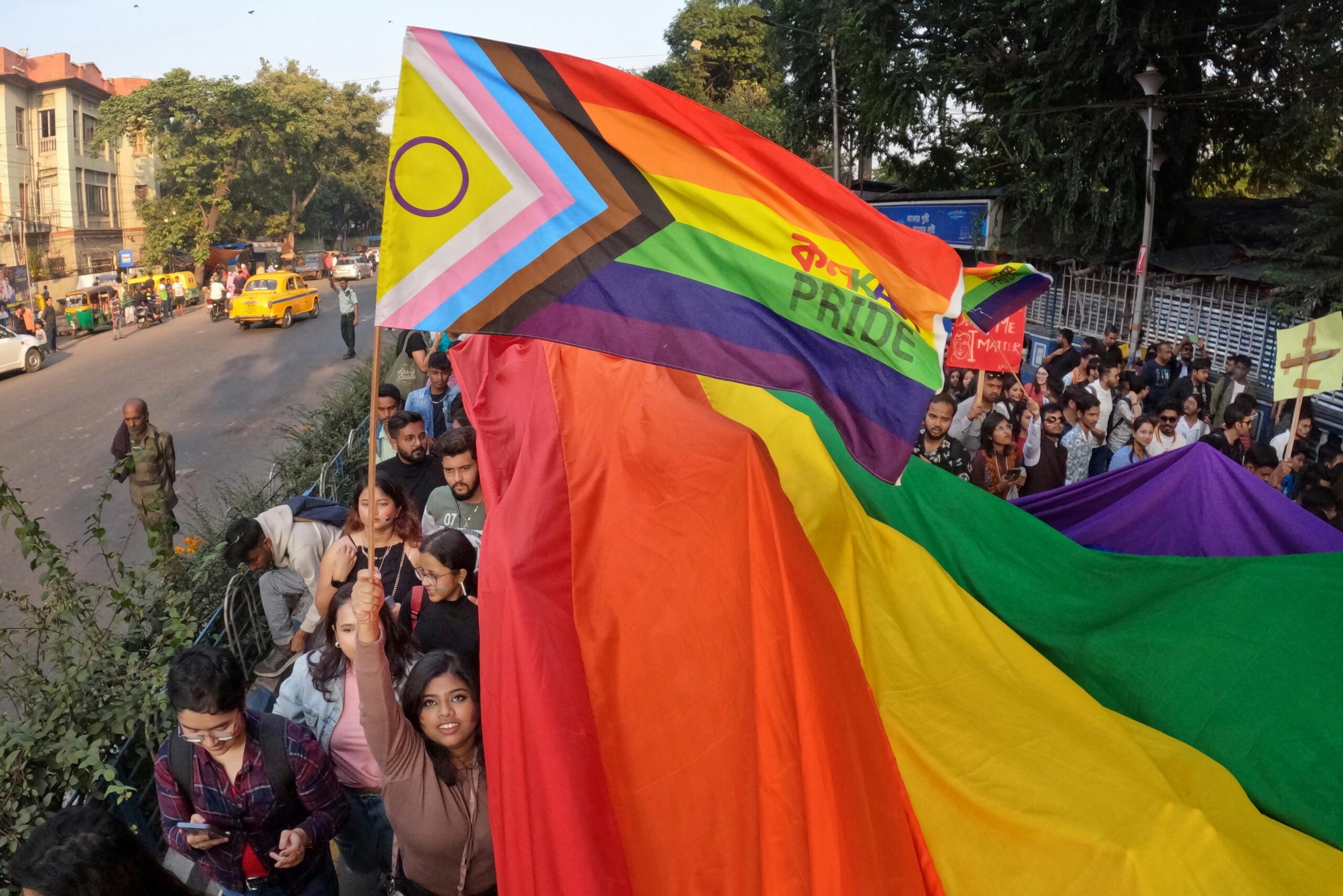India’s LGBTQ+ travel scene is undergoing a rapid transformation. Since the landmark decriminalization of homosexuality in 2018, queer travelers are finding new reasons—and new ways—to explore the subcontinent. From rainbow-flag homestays to dedicated symposiums, the sector’s growth is fueled by changing legal landscapes, shifting social attitudes, and savvy industry initiatives.

Legal Milestones and Social Shifts
India’s Supreme Court ruling in September 2018 struck down Section 377, decriminalizing consensual same-sex relations—a pivotal step toward social acceptance and legal protection for LGBTQ+ individuals. In the years since, Pride marches have multiplied—from Delhi and Mumbai to emerging celebrations in Bangalore and Chennai—signaling burgeoning community visibility.
Market Size and Growth Projections
- Global and Local Opportunity: The global LGBTQ+ tourism market was valued at USD 331 billion in 2024 and is projected to reach USD 552 billion by 2031, with India emerging as an untapped growth frontier.
- Gen Z’s Influence: Nearly one-fifth of India’s population is Gen Z; many identify as LGBTQ+ or allies and prioritize inclusive travel experiences, making India a vital market for pink-economy growth.
Infrastructure: From Homestays to High-End Hotels
- Inclusive Homestays: Owner-run guesthouses in Goa, Kerala’s backwaters, and the Himalayan foothills offer personal, queer-welcoming environments—a more approachable option than larger chains.
- Hotel Initiatives: Leading hospitality groups are training staff on LGBTQ+ sensitivity and featuring same-sex couples in their marketing. Luxury brands in Mumbai, Delhi, and Jaipur now display rainbow flags and provide curated “pink packages” for weddings and honeymoons.
- Safety Tech: Apps like SafeStay and community-driven platforms such as Travelhearts connect queer travelers with verified safe spaces and event listings.
Industry Mobilization: The IGLTA India Initiative
In early 2025, the IGLTA Foundation convened its first LGBTQ+ Tourism Symposium in New Delhi, gathering hoteliers, travel-tech start-ups, and activists to share best practices on safety protocols, marketing strategies, and policy advocacy. Under the leadership of Keshav Suri (The Lalit), the IGLTA India Initiative is forging partnerships to standardize queer-friendly certifications and promote India on the global “pink map.”
Experiences and Emerging Destinations
- Urban Pride Routes: Curated Mumbai bar-hops, Delhi heritage walks with drag-king guides, and Bangalore’s queer art districts are drawing both domestic and international visitors.
- Wellness and Spirituality: Himalayan retreats now offer LGBTQ+-affirming yoga and meditation programs near Rishikesh and Dharamshala—combining self-discovery with inclusivity.
- Eco-Queer Journeys: Goa’s eco-camps and Kerala houseboats emphasize sustainability alongside queer-friendly hospitality, appealing to conscious travelers.

Challenges and the Road Ahead
- Uneven Acceptance: While metros and tourist hotspots lead in inclusivity, smaller towns may lack awareness—requiring local training and advocacy.
- Regulatory Clarity: Uniform guidelines for queer-friendly certifications and standardized reporting on safety incidents would boost traveler confidence.
- Beyond Tokenism: Experts warn that symbolic gestures (rainbow flags) must be backed by genuine policy and staff training to avoid performative inclusivity.
Conclusion
LGBTQ+ tourism in India is evolving from tentative beginnings to a dynamic, billion-dollar opportunity. Legal reforms, generational shifts, and industry collaboration are laying the groundwork for India to join global leaders in pink tourism. By deepening commitments to training, safety, and authentic representation, India can ensure that its rainbow roads welcome travelers of every orientation—and unlock the full social and economic potential of inclusive travel.
Frequently Asked Questions (FAQs)
Q1: Is same-sex travel legal in India?
Yes. Since the Supreme Court’s 2018 decriminalization of consensual same-sex relations under Section 377, LGBTQ+ travelers enjoy legal protection nationwide.
Q2: Where are the most LGBTQ+-friendly places to stay?
Look for owner-run homestays in Goa and Kerala, or luxury hotels in Mumbai and Delhi that advertise rainbow packages and staff training on inclusivity.
Q3: What’s the size of the queer-travel market?
Globally, pink tourism was USD 331 billion in 2024 and is projected to hit USD 552 billion by 2031—India is a key emerging destination within this growth.
Q4: How can I find vetted queer-friendly services?
Use directories from IGLTA, apps like SafeStay, and look for properties with recognized inclusive-travel certifications.
Q5: Are there organized LGBTQ+ tours?
Yes—specialist operators offer Pride-themed city tours, Himalayan wellness retreats, and beach-camp group trips, ensuring both safety and social connection.
Q6: What challenges remain?
Acceptance varies outside major centers; consistent certification, staff training, and clear incident-reporting channels are needed to ensure genuine inclusivity.

Sources DW


